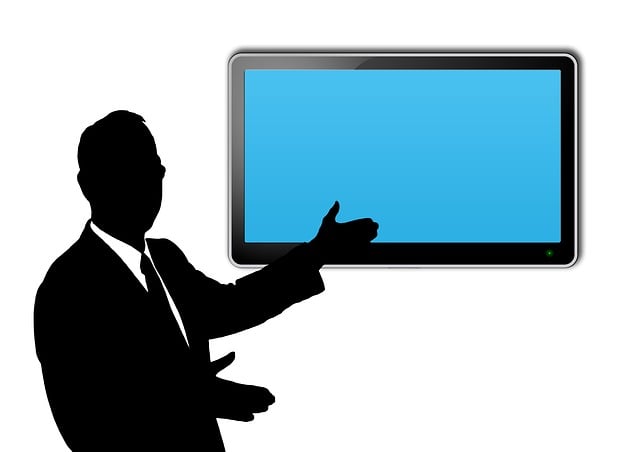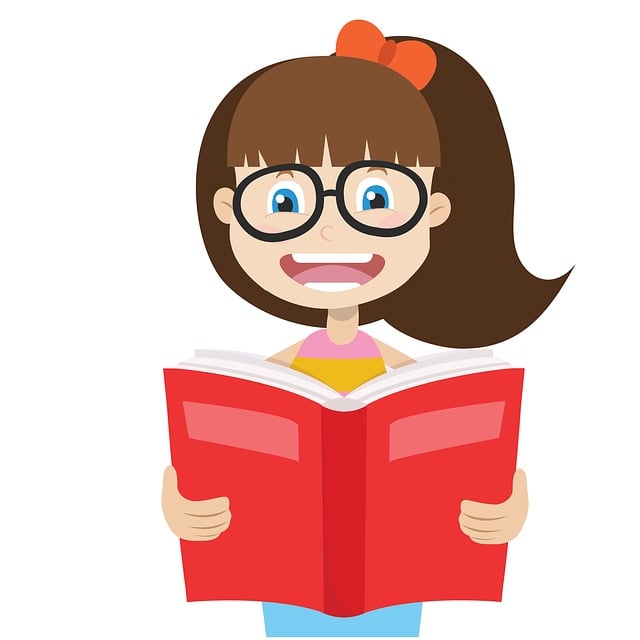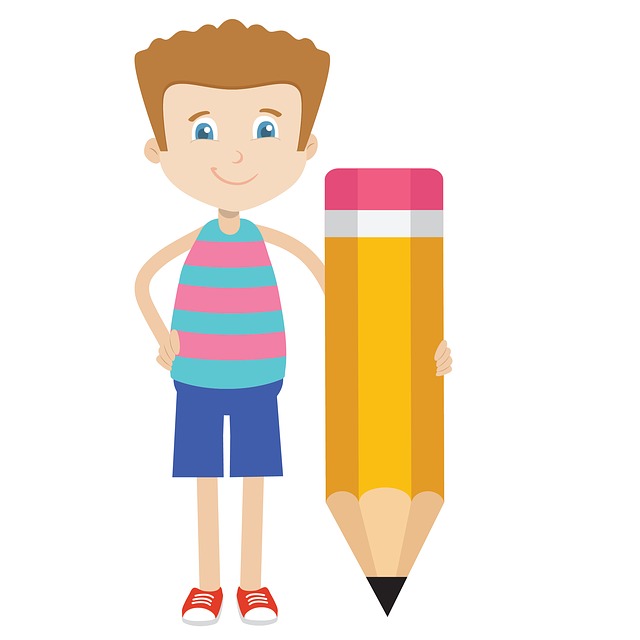In today's global education landscape, effective management of lecture notes and teaching materials is crucial. Certified translations are key to overcoming language barriers and ensuring accessibility for diverse students, enhancing inclusivity and academic mobility. Professional services prioritize cultural sensitivity, accuracy in technical terms, and rigorous quality assurance to create reliable resources. Standardization, clear language, and multilingual support further improve global accessibility in the digital age.
In today’s globalized educational landscape, the seamless transfer of knowledge across borders is essential. This article explores the significance of certified translations for lecture notes and teaching materials, catering to the diverse needs of international students and educators. We delve into key considerations such as understanding global education requirements, cultural sensitivity, technical precision, quality assurance, and the benefits of professional translation services, ultimately facilitating international collaboration and enhancing academic accessibility.
- Understanding Global Education Requirements
- The Role of Certified Translations in Education
- Accurate Translation for Lecture Notes
- Ensuring Cultural Sensitivity in Materials
- Technical Terms and Precision in Translation
- Quality Assurance Processes for Teaching Resources
- Facilitating International Collaboration in Academia
- Benefits of Professional Translation Services
- Best Practices for Global Content Accessibility
Understanding Global Education Requirements
In today’s globalized educational landscape, understanding the diverse requirements for lecture notes and teaching materials is paramount. Institutions worldwide prioritize accessibility and comprehension, ensuring content aligns with local curricula and linguistic expectations. This involves meticulous consideration of translation accuracy, cultural relevance, and academic consistency across different languages.
Educational materials must be adapted not just for language barriers but also to cater to varied learning styles and pedagogical approaches. By embracing professional translation services specializing in lecture notes and teaching materials, educators can ensure their content resonates with students from diverse backgrounds. This commitment to global education standards fosters inclusive learning environments and enhances the overall academic experience.
The Role of Certified Translations in Education
In today’s globalized education landscape, where institutions and students are increasingly international, the role of certified translations for lecture notes and teaching materials is more significant than ever. These professional translation services ensure that academic content is accessible and understandable for learners from diverse linguistic backgrounds. Certified translators possess the specialized knowledge to translate not just words but also complex educational concepts, maintaining the integrity and precision of the original material.
By utilizing certified translations, educators can foster an inclusive learning environment. It enables non-native speakers to engage fully with course materials, participate in discussions, and contribute to academic debates on equal footing. Moreover, it facilitates international collaboration among researchers and educators, promoting cultural exchange and the sharing of knowledge across borders. The availability of accurately translated lecture notes and teaching resources enhances global educational mobility and opens doors for students and scholars worldwide.
Accurate Translation for Lecture Notes
In the globalized educational landscape, ensuring accurate translations for lecture notes and teaching materials is paramount. When academic content is translated, precision is key to preserving the original meaning and intent. Professional translators must possess a deep understanding of both languages and the subject matter to deliver precise and culturally adapted texts. This becomes especially crucial when dealing with technical or specialized terminology often found in lecture notes.
A certified translation service ensures that these materials are not just words on paper but effectively convey knowledge, ideas, and concepts across different languages and cultures. It involves rigorous quality assurance processes, including proofreading and editing, to guarantee accuracy, consistency, and fluency in the target language. This meticulous approach is essential for international students’ comprehension and overall educational experience.
Ensuring Cultural Sensitivity in Materials
When translating lecture notes and teaching materials for a global audience, cultural sensitivity is paramount. Translators must understand that what might seem harmless or universally applicable in one culture can carry different connotations or even be offensive in another. For instance, idioms, proverbs, or references to local customs and traditions should be carefully considered.
To ensure cultural sensitivity, professional translators should not only have a solid grasp of both source and target languages but also possess cross-cultural expertise. They must avoid literal translations that might disrupt the intended message and instead focus on finding equivalent expressions that resonate with the target audience. This meticulous approach helps maintain the integrity of educational content while fostering inclusivity and respect for diverse cultural backgrounds among global learners.
Technical Terms and Precision in Translation
When translating lecture notes and teaching materials, especially for global academic or professional audiences, technical terms require special attention. The precision and accuracy of these translations are vital to convey complex ideas and ensure understanding across languages. Terms within specific fields often have nuanced meanings, and their correct interpretation is crucial for maintaining the integrity of the original content.
Professional translators skilled in the relevant subjects can capture these subtle differences, ensuring that technical terms are not only translated accurately but also naturally in the target language. This meticulous process is essential to create accessible and reliable learning resources or documentation for an international audience.
Quality Assurance Processes for Teaching Resources
Ensuring high-quality lecture notes and teaching materials is paramount when aiming for global accessibility. Educational resources must be accurate, consistent, and culturally sensitive to cater to diverse student bodies. This involves rigorous quality assurance processes that start with source material review, where original content is scrutinized for any ambiguity or potential errors.
Translation accuracy is only the first step; these resources then undergo multiple rounds of proofreading and editing by both native speakers and subject matter experts. This meticulous approach guarantees not just grammatical correctness but also maintains the integrity of academic concepts, ensuring that students worldwide receive precise and impactful learning materials.
Facilitating International Collaboration in Academia
In today’s global academic landscape, facilitating international collaboration is more vital than ever. Certified translation plays a pivotal role in breaking down language barriers, enabling scholars and educators from diverse linguistic backgrounds to connect and contribute meaningfully. Accurate translations of lecture notes and teaching materials not only ensure that knowledge is accessible but also foster a rich exchange of ideas across borders. This accessibility is crucial for international research teams, promoting diverse perspectives and accelerating collective progress.
For instance, when researchers share their lecture notes and research materials in their native languages, it opens doors to collaborations with colleagues from other countries who might not otherwise have access to this wealth of knowledge. This collaboration can lead to groundbreaking discoveries, as diverse academic communities combine their unique insights and expertise. Moreover, ensuring that teaching materials are locally adapted and translated enhances the overall educational experience for students worldwide, promoting inclusivity in higher education globally.
Benefits of Professional Translation Services
Professional translation services play a pivotal role in ensuring that lecture notes and teaching materials are accessible and effective on a global scale. By enlisting the expertise of certified translators, educators can transcend language barriers, reaching students from diverse linguistic backgrounds. This is particularly beneficial for higher education institutions aiming to expand their international student bodies and offer courses taught in multiple languages.
These services go beyond simple word-for-word translation. Professional translators possess a deep understanding of cultural nuances and academic terminology, enabling them to render content accurately and naturally in the target language. They ensure that lecture notes and teaching materials not only convey the same meaning but also maintain their original intent and quality, fostering an inclusive learning environment for students worldwide.
Best Practices for Global Content Accessibility
Ensuring global content accessibility for lecture notes and teaching materials is paramount in today’s interconnected world. To facilitate inclusive learning, consider these best practices: first, standardize formatting to maintain consistency across languages and platforms. Use clear, simple language free from jargon or specialized terminology that might be unfamiliar to non-native speakers. Second, incorporate multilingual support by offering translations for various languages, catering to diverse student bodies. This involves not just translating words but adapting content to resonate culturally while preserving academic integrity.
Additionally, contextualize multimedia elements such as images and graphs, providing alternative text descriptions that convey their meaning accurately. Ensure accessibility features like captions and transcripts are readily available for audio and video components. Regularly update and revise translated materials to reflect changes in the original content, ensuring accuracy and relevance. Foster a culture of accessibility by training faculty on best practices and encouraging peer review to maintain high standards for global learning resources.
Global education demands precise and culturally sensitive lecture notes and teaching materials, especially with the rise of international academic collaborations. Certified translations play a pivotal role in ensuring these resources are accessible and effective worldwide. By adhering to strict quality assurance processes, professional translation services can overcome language barriers, facilitate knowledge exchange, and enrich the global educational landscape for both students and educators alike. Implementing best practices for content accessibility further ensures that lecture notes and teaching materials are inclusive and beneficial to a diverse student body, fostering a true international learning environment.



